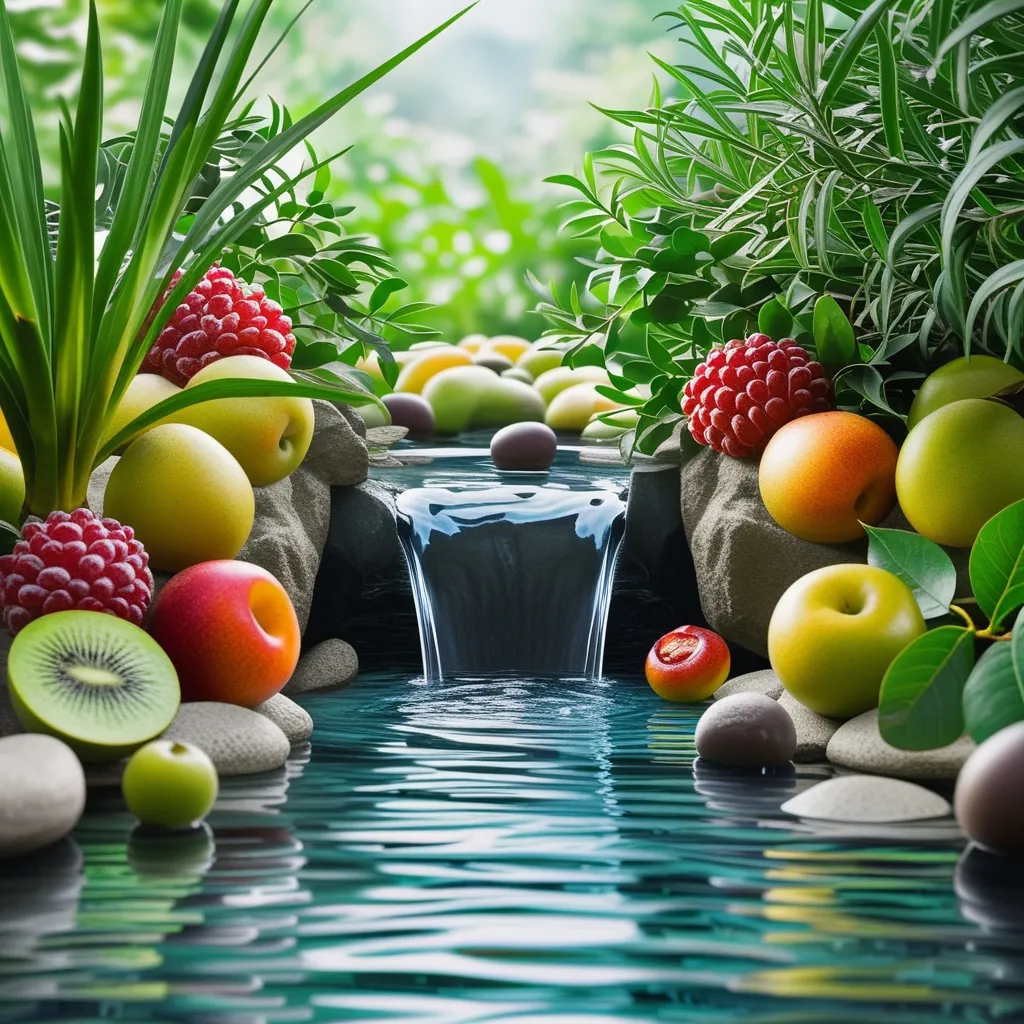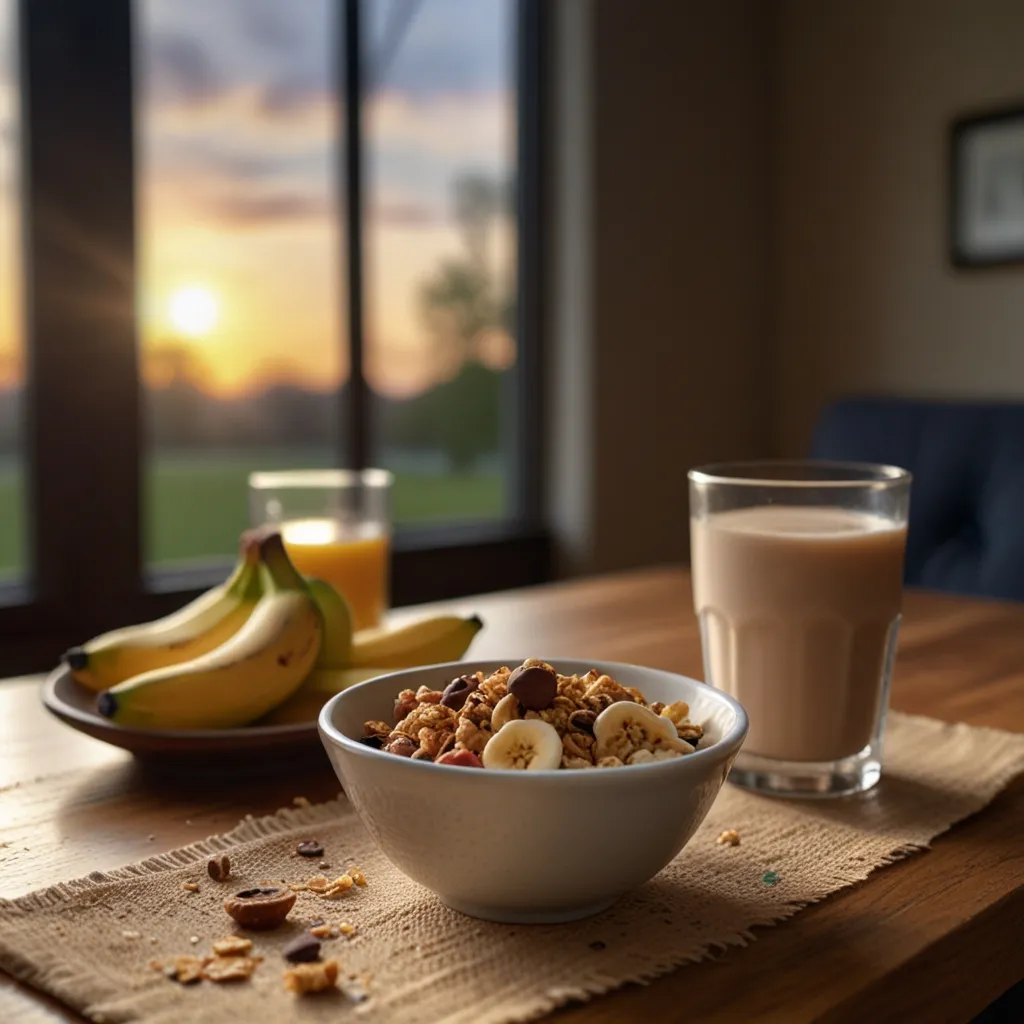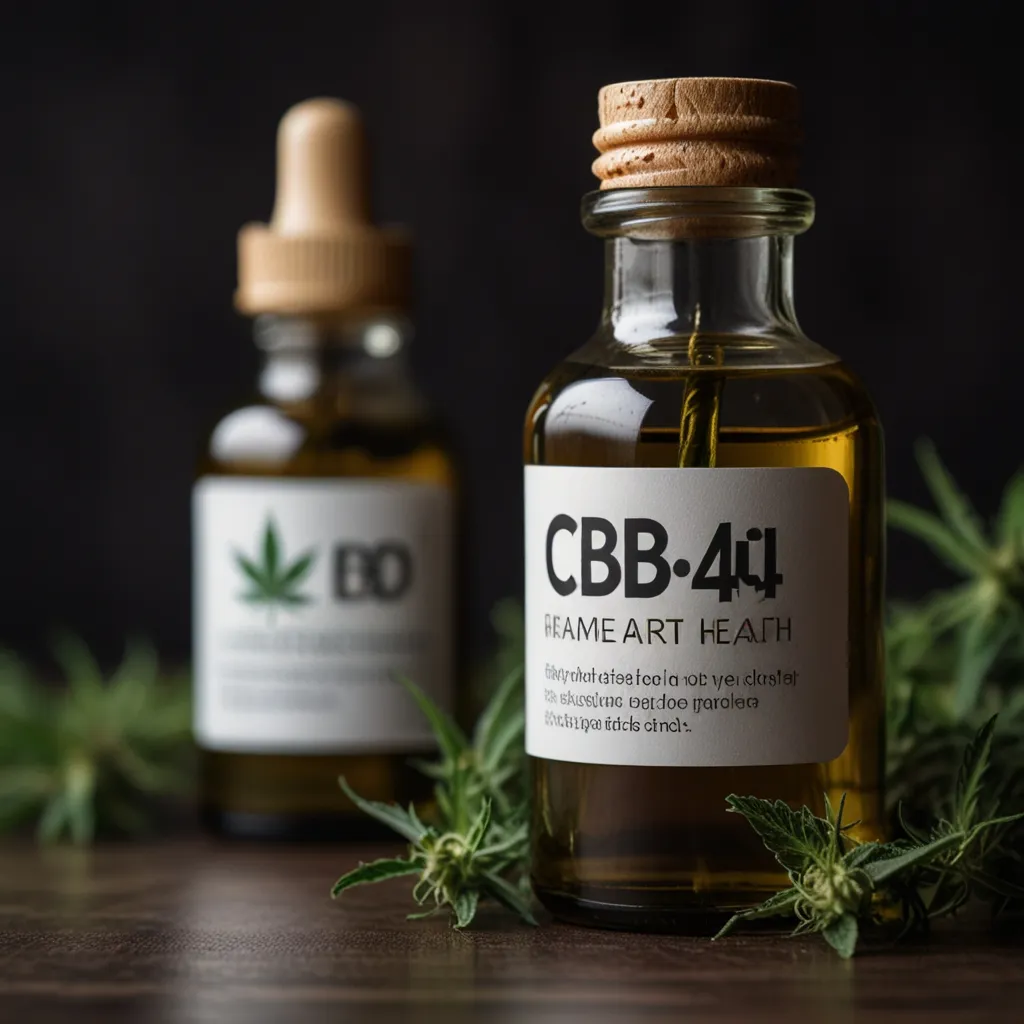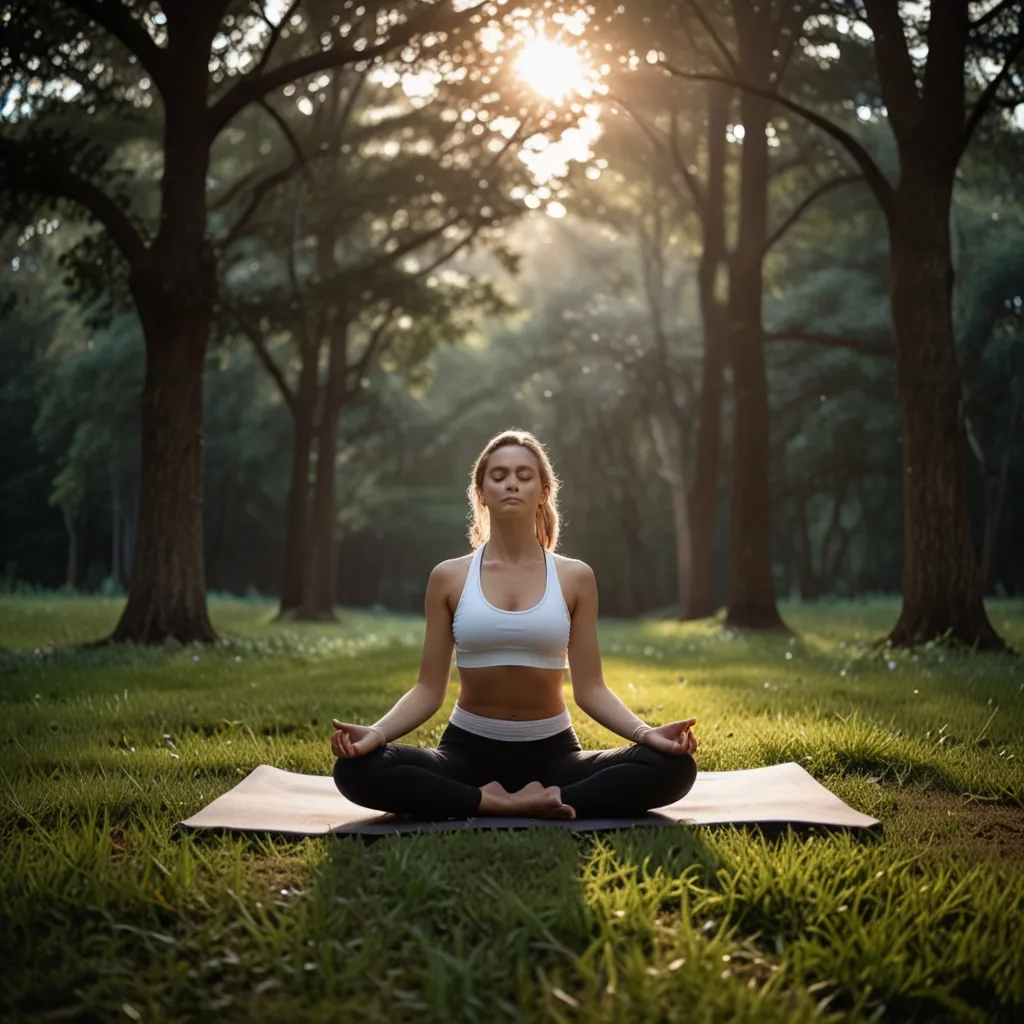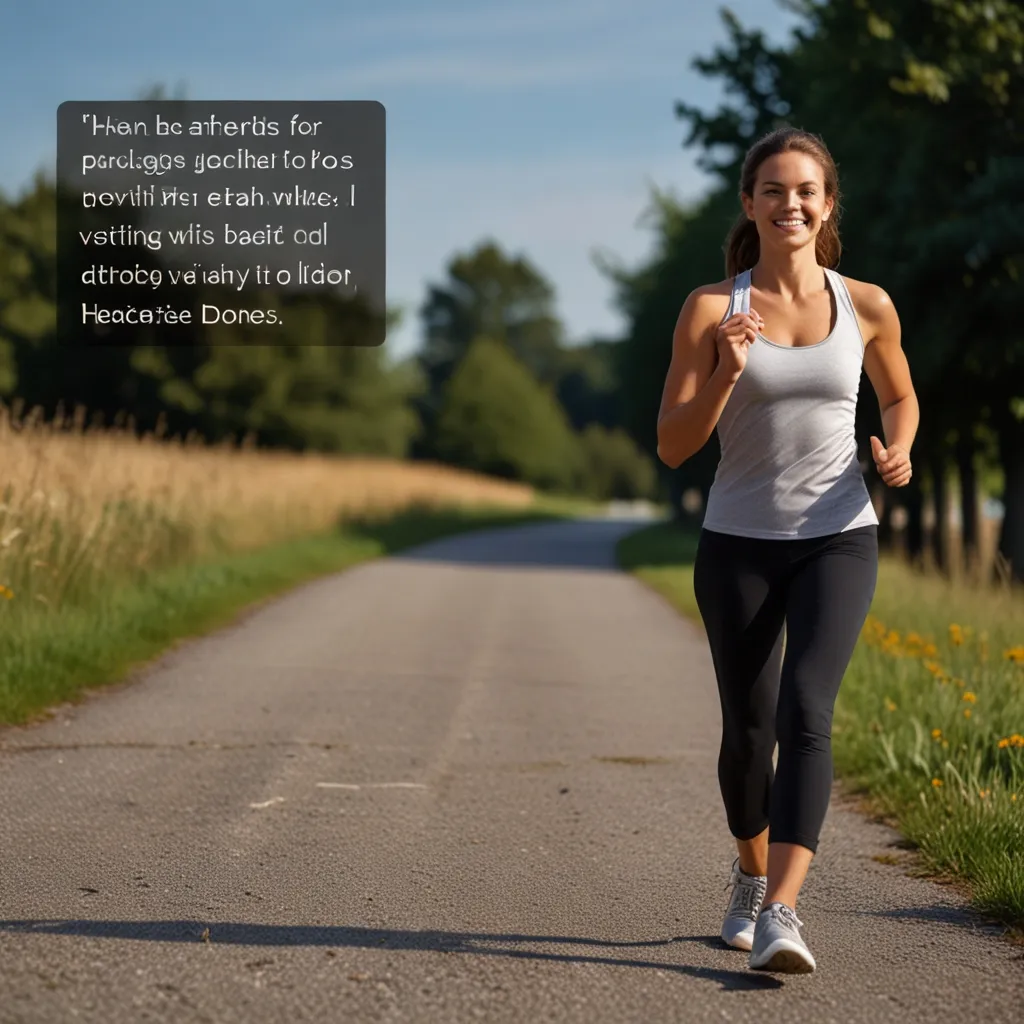Hydration Myths Debunked: The Truth About Staying Properly Hydrated
We’ve all heard the advice to drink eight glasses of water a day, but is that really necessary? Let’s dive into the world of hydration and separate fact from fiction. It’s time to bust some common myths and discover what your body truly needs when it comes to staying properly hydrated.
The infamous “8 glasses a day” rule has been drilled into our heads for years. But guess what? It’s not a one-size-fits-all solution. Our bodies are unique, and so are our hydration needs. Factors like age, activity level, climate, and overall health play a huge role in determining how much water we actually need.
Think about it - a marathon runner in the scorching desert heat is going to need way more water than someone chilling in an air-conditioned office all day. It’s not rocket science, but it’s often overlooked.
So, if we can’t rely on the 8-glass rule, what should we aim for? Well, the Institute of Medicine suggests about 11 cups of fluid per day for women and 15 cups for men. But here’s the kicker - that includes water from all sources, not just what you drink. Yep, that means the water in your food counts too!
Speaking of food, let’s talk about hydration from what we eat. It’s not all about chugging water bottles. Foods like cucumbers, watermelon, and strawberries are like nature’s water bottles. They’re packed with H2O and can contribute up to 20% of your daily fluid needs. So next time you’re munching on a juicy peach, give yourself a pat on the back for hydrating!
Now, let’s address the elephant in the room - caffeine. How many times have you heard that your morning coffee is dehydrating you? Well, I’ve got news for you - it’s not as bad as you think. While caffeine does have a mild diuretic effect, moderate consumption (up to 4 cups of coffee a day) won’t leave you high and dry. In fact, your daily cuppa can actually contribute to your fluid intake. So, coffee lovers, rejoice!
But what about those fancy sports drinks? Do we really need them to stay hydrated? Unless you’re an athlete pushing your limits or working in extreme conditions, plain old water is usually enough. Sports drinks are designed to replace electrolytes lost through intense sweating, but for the average Joe or Jane, they’re often unnecessary and can be loaded with sugar.
Here’s a myth that might surprise you - thirst isn’t always a reliable indicator of hydration. By the time you feel thirsty, you might already be mildly dehydrated. This is especially true as we age. Our thirst response tends to weaken over time, making it even more important to stay on top of our fluid intake.
So how can you tell if you’re properly hydrated? Take a peek in the toilet bowl! The color of your urine is a pretty good indicator. If it’s pale and clear, you’re likely well-hydrated. If it’s dark and concentrated, it might be time to grab a glass of water.
Now, before you go chugging gallons of water, let’s talk about overhydration. Yes, it’s a thing! Drinking excessive amounts of water can lead to a condition called hyponatremia, where the sodium levels in your blood become dangerously low. While it’s rare for healthy adults to overhydrate, it’s still something to be mindful of. Remember, moderation is key in all things, including hydration.
Let’s get personal for a moment. Your hydration needs are as unique as you are. Factors like your environment, activity level, and even the medications you take can all influence how much fluid you need. Living in a hot, humid climate? You’ll probably need to drink more. Planning a long hike? Better pack extra water. Taking certain medications? They might affect your hydration status.
This is where it gets interesting - personalizing your hydration strategy. It’s not just about drinking when you’re thirsty (although that’s a good start). It’s about understanding your body and its needs. Maybe you need to set reminders to drink water throughout the day. Perhaps you need to up your fluid intake before, during, and after exercise. Or maybe you need to focus on eating more hydrating foods.
Here’s a cool trick - try infusing your water with fruits or herbs. Not only does it make plain water more exciting, but it can also add some extra nutrients to your drink. Cucumber and mint, lemon and basil, or strawberry and lime - the possibilities are endless!
Let’s talk about the benefits of staying properly hydrated. It’s not just about quenching your thirst. Proper hydration helps regulate body temperature, aids digestion, keeps your joints lubricated, and even helps your brain function better. Ever noticed how you feel a bit foggy when you’re dehydrated? That’s your brain telling you it needs some H2O!
But hydration isn’t just about drinking water. It’s about maintaining the right balance of fluids and electrolytes in your body. This is where a balanced diet comes into play. Eating a variety of fruits, vegetables, and whole grains can help provide the electrolytes your body needs to function properly.
Here’s something to consider - your hydration needs change with the seasons. In the summer, when you’re sweating more, you’ll naturally need to drink more. But don’t forget about winter hydration! The dry, cold air can be dehydrating, and we often forget to drink enough when it’s cold out.
Let’s bust another myth - you don’t need to chug a huge glass of water with every meal. In fact, drinking too much while eating can dilute your stomach acids and potentially interfere with digestion. It’s better to sip water throughout the day and listen to your body’s signals.
Now, let’s talk about hydration and exercise. If you’re working out for less than an hour at moderate intensity, water is usually sufficient. But for longer, more intense workouts, you might need to think about electrolyte replacement. This is where those sports drinks can come in handy - just be mindful of the sugar content.
Here’s a fun fact - did you know that being well-hydrated can help with weight management? Sometimes, what we interpret as hunger is actually thirst. Try drinking a glass of water when you feel hungry between meals. You might find that it satisfies your craving!
Let’s address another common misconception - drinking ice-cold water doesn’t boost your metabolism significantly. While your body does use some energy to warm up the water, the effect is minimal. Drink your water at whatever temperature you enjoy most - the most important thing is that you’re drinking it!
Here’s something to keep in mind - alcohol can be dehydrating. If you enjoy a drink or two, try alternating alcoholic beverages with water. Your body (and your head the next morning) will thank you!
Now, let’s talk about hydration and skin health. While drinking water is important for overall health, it’s not a magic solution for dry skin. For that, you need a good moisturizer and a balanced diet rich in healthy fats.
Here’s a tip for staying hydrated at work - keep a water bottle at your desk. Make it a goal to refill it a certain number of times throughout the day. It’s an easy way to track your water intake and remind yourself to drink regularly.
Let’s wrap this up with a reminder - hydration is personal. What works for your friend or that fitness influencer on Instagram might not be right for you. Listen to your body, pay attention to your urine color, and don’t be afraid to experiment to find what works best for you.
Remember, staying hydrated doesn’t have to be complicated. It’s about finding a balance that works for your lifestyle and your body. So, whether you’re sipping on water, munching on watermelon, or enjoying a cup of tea, you’re taking steps towards better hydration and better health. Cheers to that!
